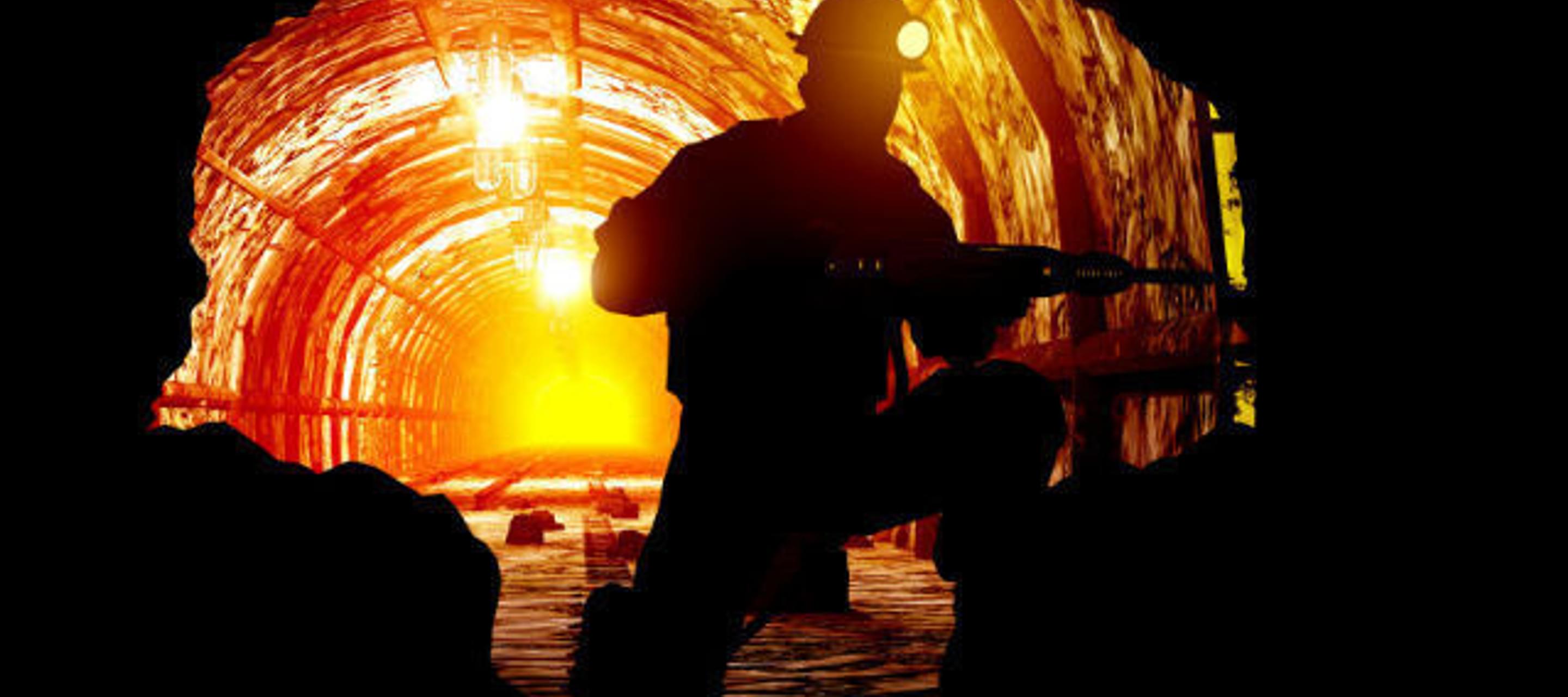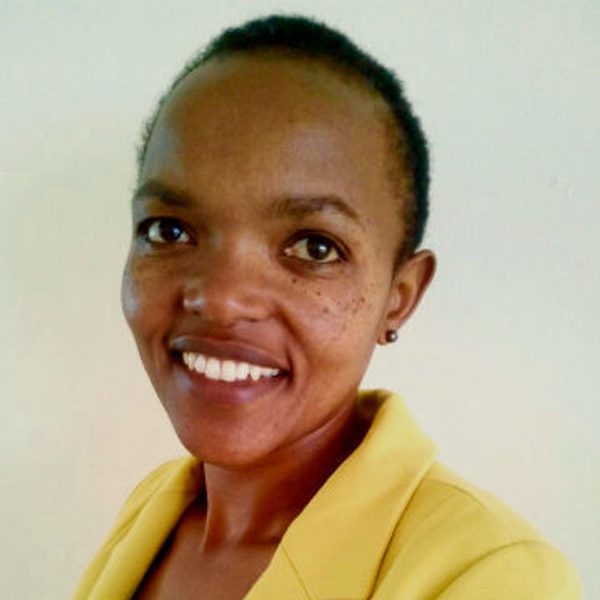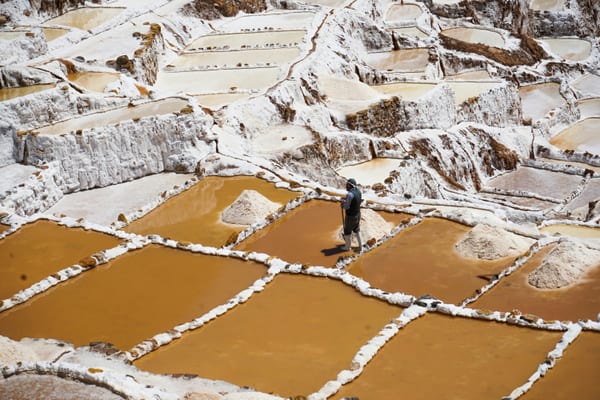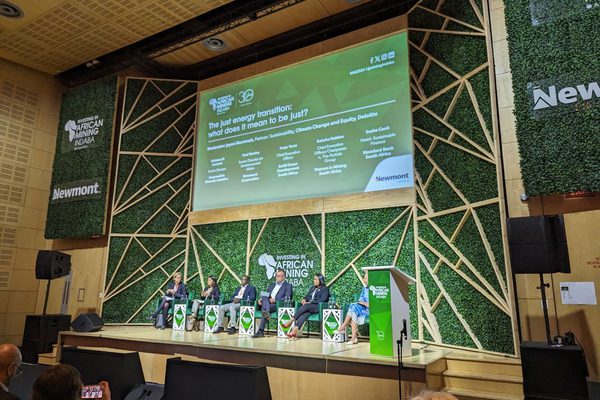Human Rights in Tanzania's Extractive Sector: Exploring the Terrain
2 December 2016

Background
Tanzania is Africa’s fourth biggest gold producer and also has a wide range of other mineral resources. There is potential for Tanzania’s diversified mining sector to contribute as much as US$2.5 billion in fiscal revenues in the coming years. In addition, the past few years have seen significant increases in exploration for oil and gas along the coast. Together, exploitation of these resources has the potential to significantly change Tanzania’s growth trajectory.
And while Tanzania has shown leadership as one of the early African countries to join the Extractive Industries Transparency Initiative, and is in the process of reforming its extractive sector policy framework, it does not have key constitutional protections in place that are important underpinnings for the development of the sector. Recent discoveries have increased expectations among citizens over potential revenues but the benefits of the resource-induced growth are not widely shared.
Message
This Report is the product of desk-based and on-the-ground interviews to assess the existing human rights and environmental impacts attributed to Tanzania’s increasing extractive sector activities.
Recognising that the policy and legal framework plays an important role in setting the conditions to reinforce the corporate responsibility to respect human rights in the extractive sector, the Report includes an in-depth analysis of the policy and legal framework from a human rights perspective. Where these frameworks leave gaps or contradict international human rights standards, they present a challenge to a level playing field among companies, as the gaps can be filled by good – and bad – practices.
This can result in significant adverse impacts for local communities, as the field research highlights. The field-based, on-the-ground interviews provide perspectives from local communities, businesses and local governments on challenges and the impacts across a range of human rights.
While the Report highlights a range of impacts, the increasing pace of granting mining and oil and gas concessions in areas occupied by communities has predictably made the adverse impacts on land rights the most prevalent complaint arising from formal and informal extractives activities in Tanzania. This is not only because resource extraction must take place beneath the land that communities rely on for livelihoods, but also because land and extractive laws subordinate community rights to resource exploration and extraction. Community members consistently reported dissatisfaction with compensation for land acquisition, the lack of security of land tenure, and the multiple impacts of resettlement.
Implications
All stakeholders in Tanzania’s extractive sector – the Tanzanian Government, oil, gas, mining companies, investors, home governments, and civil society organisations – are encouraged to explore the terrain of human rights in Tanzania’s extractive sector. This Report serves as a tool to better understand where the gaps exist and use the stakeholder-specific recommendations to effectively prioritise and advocate to close these gaps, providing a solid basis for the further expansion of Tanzania’s extractive sector in line with sustainable development.
Both governments and extractive companies have important roles to play in ensuring that the sector contributes to sustainable growth while preventing and mitigating the adverse impacts that inevitably accompany the sector. Strong government and company policies and systems to address environmental and human rights impacts, on-going dialogue and accessible and effective systems to provide remedy are all important components of turning Tanzania's resources into a blessing and not a curse.






